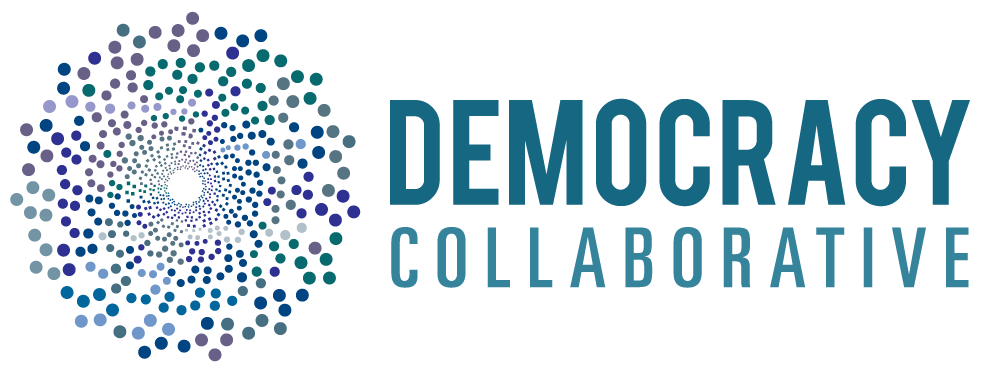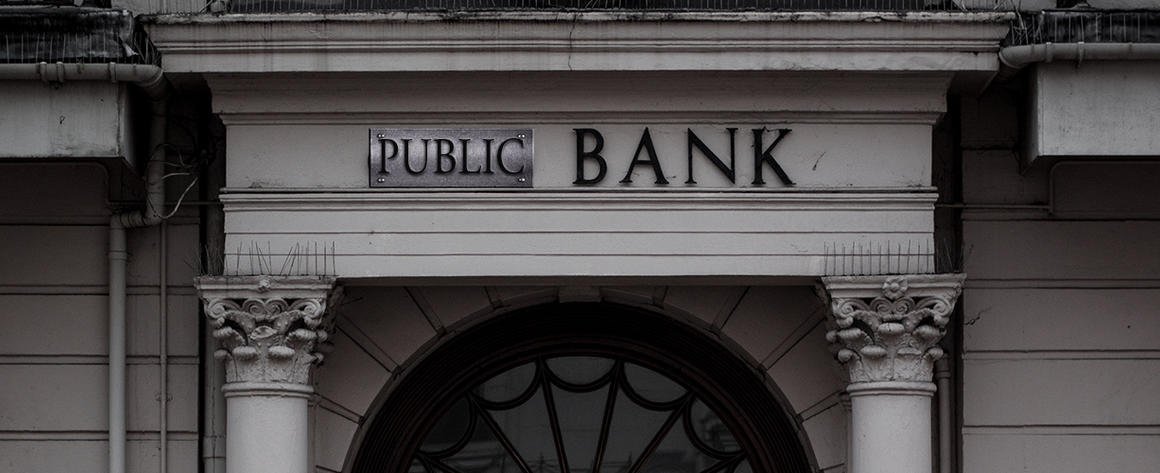Featured Publications
On this page, we feature some of our publications, including reports and books, that help to map the DNA of the democratic economy and what it will take for us to build it.
Constructing the Democratic Public Bank: A governance proposal for Los Angeles
The design of a public bank is a political process with important choices to be made at every step. Banking, finance, and policymaking are intentionally obscure and technocratic terrains. Ensuring the new public banks are designed to address these crises requires ongoing popular education and engagement.
A US green investment bank for all: Democratized finance for a just transition
In ways unimaginable just a few years ago, public banking and its potential for catalyzing a transition to a green and just future have been catapulted to the center of political and economic debate. The reason: The greed-driven excesses of Wall Street and global finance that gave rise to the 2008-09 global financial crisis are now continuing to drive today’s global crisis of climate finance.
Public Banks
Public banks receive their revenue through mechanisms set by the jurisdictions that run them. They invest, lend, and provide banking services, often at below-market rates and sometimes in partnership with community banks. Their “return on investment” is measured less in financial returns and more in their success in supporting such social goods as affordable housing, neighborhood development, infrastructure, small business development, education, and job creation. In modern economies, it is lending by large commercial banks, rather than actions by the state, that creates the majority of the money supply. Public banks are a way to democratize the money-creation process and ensure that the process is used for public purposes.
The Crisis Next Time: Planning for Public Ownership as an Alternative to Corporate Bank Bailouts
The next financial crisis is all but inevitable. While its exact timing and severity cannot be predicted, both the accelerating frequency of crises in recent decades and the continued consolidation of the banking sector in an increasingly financialized economy suggest that we should be prepared for a crisis sooner rather than later.






